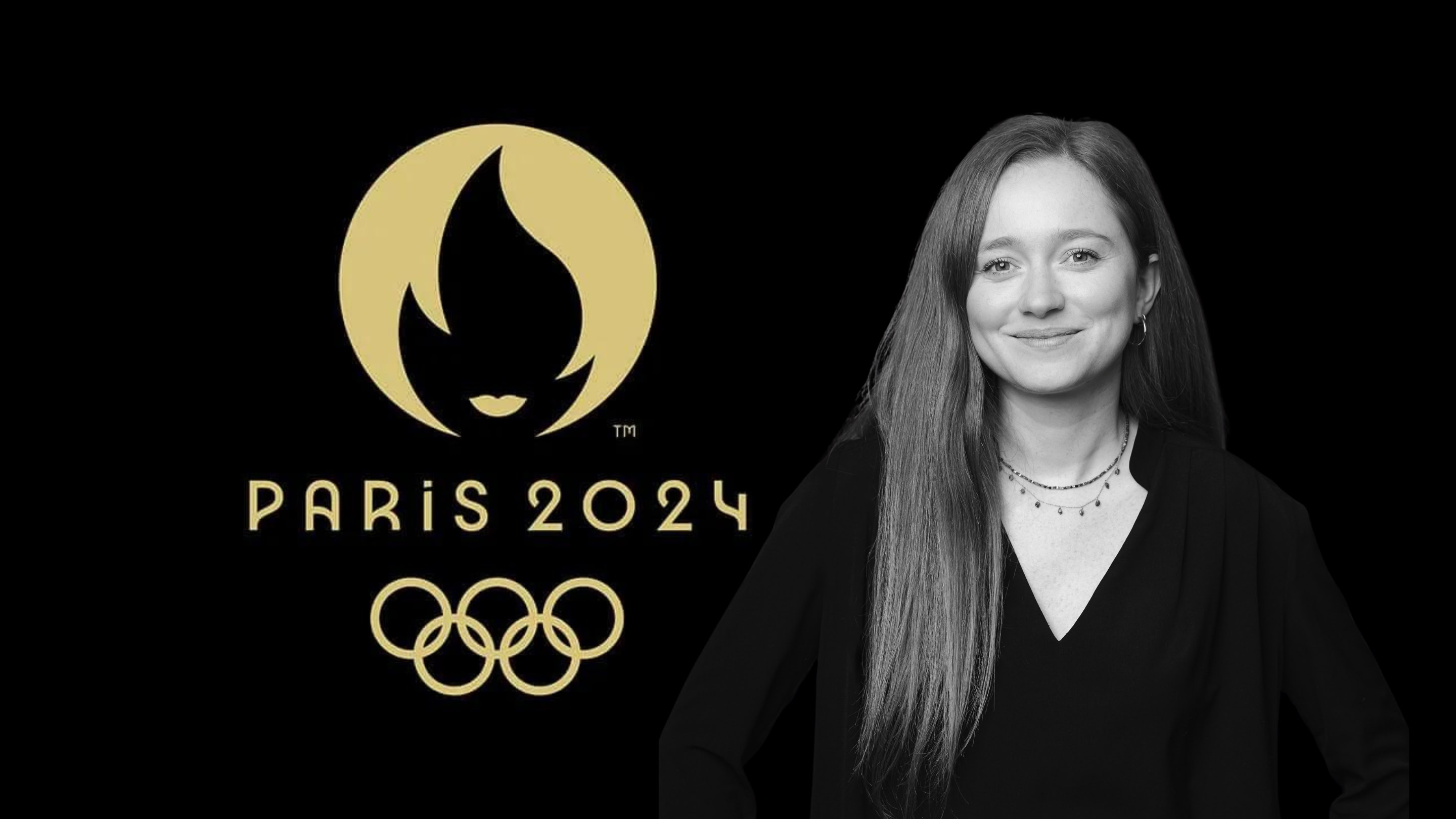Behind the Scenes of the Olympics with Coline Renault (H.21)

Under the leadership of the International Olympic Committee (IOC), the COJOP is responsible for the executive management of the competition held in Paris. A certified lawyer, Coline Renault (H.21) joined the Organizing Committee of the Olympic and Paralympic Games. She explains the economic and financial mechanisms involved.
The organization of the Olympic Games is governed by the International Olympic Committee (IOC), established by Pierre de Coubertin in 1894. Where does it derive its revenues from and how does it operate?
Coline Renault : The IOC is the body that selects the host city from various candidate bids it receives. It is funded by television broadcasting rights, over which it holds a monopoly, and by “premium” partners such as Allianz, the insurer of the Games; Visa, providing all payment solutions; and Omega, supplying us with timing and scoring systems. Each of these premium partners has contributed €100 to €150 million, either in direct financing or services, to associate their brands with the Games. These revenues finance the Summer and Winter Olympics, as well as the Youth Olympics. The IOC is represented in each country by national olympic committees. These committees are responsible for selecting and leading national delegations to the Olympic Games and other competitions under the IOC’s auspices. The Paris 2024 Organizing Committee of the Olympic and Paralympic Games (COJOP) was established through a contract between the IOC, the French National Olympic and Sports Committee (CNOSF), and the City of Paris.
Organizing the Olympic Games also requires engaging numerous service providers. How is this ecosystem established?
C.R. : In the traditional model, the organizing committee takes control of the future Olympic sites after signing a contract with the operator. It is then the committee’s responsibility to define and directly deliver all expected services at the site during the Games. Paris 2024 has adopted an “event delivery model” in which it delegates management and operations activities to experts in sports events. For example, Roland-Garros manages the tennis events, and ASO, the organizer of the Tour de France, is responsible for road events (cycling, marathon). Additionally, Paris 2024 has partnered with 70 companies (with a total budget of €1.226 billion). Besides their financial contributions, these partners provide products and services in their respective fields, such as telecommunications (Orange), the athlete transportation vehicle fleet (Toyota), energy supply (EDF), or volunteer uniforms (Decathlon). Furthermore, Paris 2024 engages several hundred contractors and suppliers, two-thirds of which are small and medium-sized enterprises (SMEs). We aimed to facilitate these companies’ access to Games public contracts through extensive information and support efforts.
From the outset, the City of Paris expressed a desire to offer socially and environmentally virtuous Games. How does it translate into reality?
C.R : Fewer construction sites, fewer equipment produced, less single-use plastic in catering… We have sought to reduce everything that can be reduced, aiming for Games that emit less carbon and consume fewer resources, while benefiting the largest number of people. Additionally, vendor selection is subject to public procurement laws and follows competitive bidding processes. A strict specification on environmental and social issues has been established. The COJOP Sustainability department also prioritizes French companies to boost the local economy. Every product used for Paris 2024 (computers, signage, etc.) must be designed for a second life. We also had a genuine desire to integrate social and solidarity economy actors into this ecosystem: over 130 SSE structures have won one or more Paris 2024 contracts.
It has also been said that the Paris Games would be among the least expensive in recent years. How is this considered in regard to budget management?
C.R.: Indeed, all our efforts are directed towards this goal. The particularity of the Paris 2024 COJOP is that it does not rely on any public subsidies – except for the Paralympic Games, funded at 4% by public funds. Expenses are continuously optimized for more efficient and cost-effective delivery solutions. These budget revisions sometimes result in reshuffles and a reassessment of priorities. This involves both streamlining the Games specifications and implementing measures concerning the competition sites and other venues, temporary infrastructures, or ceremonies. For example, reducing the number of operational days at the Athletes’ Village, having training site mobilization periods, or suppressing competition site energetic redundancies.
Interview by Marie Tourres
Published by La rédaction

